Home>Home Appliances>Laundry Appliances>Why Washing Machine Smells


Laundry Appliances
Why Washing Machine Smells
Published: February 21, 2024
Learn how to get rid of the unpleasant smell in your washing machine with our expert tips and tricks. Keep your laundry appliances fresh and clean!
(Many of the links in this article redirect to a specific reviewed product. Your purchase of these products through affiliate links helps to generate commission for Storables.com, at no extra cost. Learn more)
Common Causes of Washing Machine Odor
-
Residual Detergent and Fabric Softener: When detergent and fabric softener build up in the dispenser drawer, door seal, or other hidden crevices, they can become a breeding ground for bacteria and mold, leading to unpleasant odors.
-
Moisture and Humidity: After completing a laundry cycle, moisture can linger in the drum, detergent drawer, and rubber gasket. If not properly dried out, this moisture can foster the growth of mildew and mold, resulting in a musty smell.
-
Clogged Drainage System: Over time, lint, debris, and soap scum can accumulate in the washing machine's drainage system, causing blockages. This stagnant water can emit a foul odor, signaling the need for a thorough cleaning.
-
Infrequent Cleaning: Neglecting regular cleaning and maintenance allows bacteria, mold, and mildew to thrive in the damp environment of the washing machine, leading to persistent odors.
-
Low-Temperature Washes: Washing laundry at low temperatures may not effectively eliminate bacteria and mold, allowing them to accumulate and cause unpleasant smells over time.
-
Overuse of Detergent: Using an excessive amount of detergent can leave behind a soapy residue that contributes to odor issues. It's important to follow the manufacturer's guidelines for detergent usage.
-
Closing the Door After Use: Leaving the washing machine door closed after completing a cycle can trap moisture inside, creating an environment conducive to odor-causing bacteria and mold.
Understanding the common causes of washing machine odor is crucial for effectively addressing and preventing this issue. By identifying these factors, you can take proactive steps to maintain a fresh-smelling and hygienic laundry appliance.
Key Takeaways:
- Keep your washing machine smelling fresh by using the right detergent, running regular hot washes, and leaving the door slightly ajar to prevent moisture buildup and musty odors.
- Combat washing machine odors naturally with white vinegar, baking soda, essential oils, and citric acid for a sustainable and eco-friendly approach to appliance maintenance.
Read more: Why Does Washer Smell
Tips for Preventing Washing Machine Smells
Preventing washing machine smells is essential for maintaining a clean and fresh laundry appliance. By implementing the following tips, you can effectively combat odor issues and ensure that your washing machine consistently produces clean and pleasant-smelling laundry.
-
Use the Right Detergent: Selecting a high-quality, low-sudsing detergent designed for modern washing machines can help prevent residue buildup and minimize the risk of odors. Additionally, using the appropriate amount of detergent according to the manufacturer's guidelines is crucial for optimal cleaning performance.
-
Regular Hot Washes: Running a hot wash cycle with no laundry and a cup of white vinegar or baking soda can effectively eliminate bacteria, mold, and detergent residue from the drum and internal components. This process helps to maintain a hygienic environment within the washing machine, reducing the likelihood of unpleasant odors.
-
Leave the Door Ajar: After completing a laundry cycle, leaving the washing machine door slightly ajar allows air to circulate within the drum, facilitating the drying process and preventing the accumulation of moisture that can lead to musty odors.
-
Clean the Dispenser Drawer: Regularly removing and cleaning the detergent and fabric softener dispenser drawer helps prevent the buildup of residue and mold. Thoroughly rinse the drawer and wipe the compartment to ensure it remains free from lingering detergent and fabric softener.
-
Wipe the Rubber Gasket: The rubber gasket around the door should be routinely wiped with a damp cloth to remove any trapped debris, moisture, or mildew. This simple practice can prevent the development of unpleasant smells and maintain the integrity of the door seal.
-
Use the Correct Wash Temperature: Opting for higher wash temperatures when appropriate, such as for heavily soiled items or linens, can help eliminate bacteria and mold more effectively. However, it's important to refer to the garment care labels to ensure that the selected temperature is suitable for the fabrics being washed.
-
Clean the Filter: Many washing machines are equipped with a filter that traps lint and debris. Regularly cleaning this filter prevents blockages in the drainage system, reducing the risk of stagnant water and associated odors.
By incorporating these preventative measures into your laundry routine, you can effectively combat washing machine smells and maintain a clean, hygienic, and pleasant-smelling appliance. These simple yet impactful practices contribute to the longevity and optimal performance of your washing machine, ensuring that it consistently produces fresh and clean laundry.
Cleaning and Maintenance of Washing Machine
Proper cleaning and maintenance of your washing machine are essential for preserving its functionality and preventing the development of unpleasant odors. By incorporating regular cleaning practices and adhering to maintenance guidelines, you can ensure that your appliance operates efficiently while consistently producing clean and fresh-smelling laundry.
Cleaning the Drum and Internal Components
Regularly cleaning the drum and internal components of your washing machine is crucial for preventing the accumulation of bacteria, mold, and detergent residue. To effectively clean the interior, run a hot wash cycle with a cup of white vinegar or baking soda. These natural cleaning agents help eliminate odors and residue while sanitizing the drum and internal surfaces. Additionally, wiping down the drum and door seal with a damp cloth after each laundry cycle can prevent the buildup of moisture and debris, contributing to a cleaner and odor-free washing machine.
Maintenance of the Dispenser Drawer and Filter
The dispenser drawer and filter of your washing machine require routine maintenance to prevent the buildup of detergent residue, fabric softener, and lint. Remove the dispenser drawer and thoroughly clean it to ensure that no residue remains, which can contribute to unpleasant odors. Similarly, regularly inspect and clean the filter to prevent blockages in the drainage system, promoting proper water flow and reducing the risk of stagnant water and associated odors.
Read more: Why Does My Washer Smell Burnt
Exterior Cleaning and Care
In addition to internal cleaning, maintaining the exterior of your washing machine is important for overall cleanliness and aesthetics. Wipe down the exterior surfaces, control panel, and door with a mild detergent and water solution to remove dust, stains, and spills. Pay attention to the door seal and hinges, ensuring that no debris or moisture is trapped in these areas. By keeping the exterior of your washing machine clean, you contribute to a hygienic and well-maintained appliance.
Regular Inspections and Professional Servicing
Periodically inspecting your washing machine for signs of wear, leaks, or unusual noises is essential for identifying potential issues early on. Additionally, consider scheduling professional servicing and maintenance to address any mechanical or technical concerns. Professional technicians can conduct thorough inspections, clean internal components, and address any underlying issues that may contribute to odor problems or diminished performance.
By prioritizing the cleaning and maintenance of your washing machine, you can effectively combat odor issues, extend the lifespan of your appliance, and ensure that it consistently delivers clean and fresh-smelling laundry. Incorporating these practices into your regular household routine contributes to the overall functionality and longevity of your washing machine, providing you with reliable and efficient laundry care.
Using Natural Remedies to Eliminate Washing Machine Odor
In addition to conventional cleaning methods, natural remedies offer effective solutions for eliminating washing machine odor while minimizing the use of harsh chemicals. These eco-friendly alternatives not only combat unpleasant smells but also contribute to a healthier and more sustainable approach to laundry appliance maintenance.
White Vinegar
White vinegar is a versatile and powerful natural cleaner that effectively eliminates odors and disinfects the interior of the washing machine. Its acidic properties help dissolve mineral deposits, detergent residue, and mold, thereby preventing the development of persistent odors. To utilize white vinegar as a natural remedy, simply add one to two cups of white vinegar to the detergent dispenser or directly into the drum and run a hot wash cycle without any laundry. This process effectively sanitizes the washing machine, neutralizes odors, and leaves the appliance smelling fresh and clean.
Read more: Why Does Washer Smell Like Rotten Eggs
Baking Soda
Baking soda, also known as sodium bicarbonate, is renowned for its deodorizing and abrasive properties, making it an excellent natural remedy for combating washing machine odors. By absorbing and neutralizing unpleasant smells, baking soda effectively freshens the interior of the washing machine. To utilize this natural remedy, sprinkle half a cup of baking soda directly into the drum and run a hot wash cycle. This simple yet effective method helps eliminate odors, remove residue, and maintain a clean and odor-free washing machine.
Essential Oils
Essential oils not only impart pleasant fragrances but also possess antimicrobial properties that can help combat bacteria and mold within the washing machine. Adding a few drops of essential oils, such as tea tree oil, lavender oil, or lemon oil, to the detergent dispenser or directly into the drum before running a hot wash cycle infuses the appliance with natural fragrance while contributing to a hygienic and odor-free environment. Essential oils offer a natural and aromatic alternative to synthetic air fresheners, enhancing the overall laundry experience while effectively addressing odor issues.
Citric Acid
Citric acid, derived from citrus fruits, serves as a natural cleaning agent and odor neutralizer, making it an ideal remedy for maintaining a fresh-smelling washing machine. Adding a small amount of citric acid to the detergent dispenser and running a hot wash cycle effectively removes limescale, mineral deposits, and lingering odors. This natural remedy not only cleanses the interior of the washing machine but also helps prevent the development of future odors, contributing to a clean and hygienic laundry appliance.
By incorporating these natural remedies into your cleaning routine, you can effectively eliminate washing machine odors while embracing a sustainable and eco-friendly approach to appliance maintenance. These natural alternatives not only combat odors but also contribute to a healthier and more environmentally conscious laundry care regimen, ensuring that your washing machine consistently produces clean and fresh-smelling laundry.
Frequently Asked Questions about Why Washing Machine Smells
Was this page helpful?
At Storables.com, we guarantee accurate and reliable information. Our content, validated by Expert Board Contributors, is crafted following stringent Editorial Policies. We're committed to providing you with well-researched, expert-backed insights for all your informational needs.
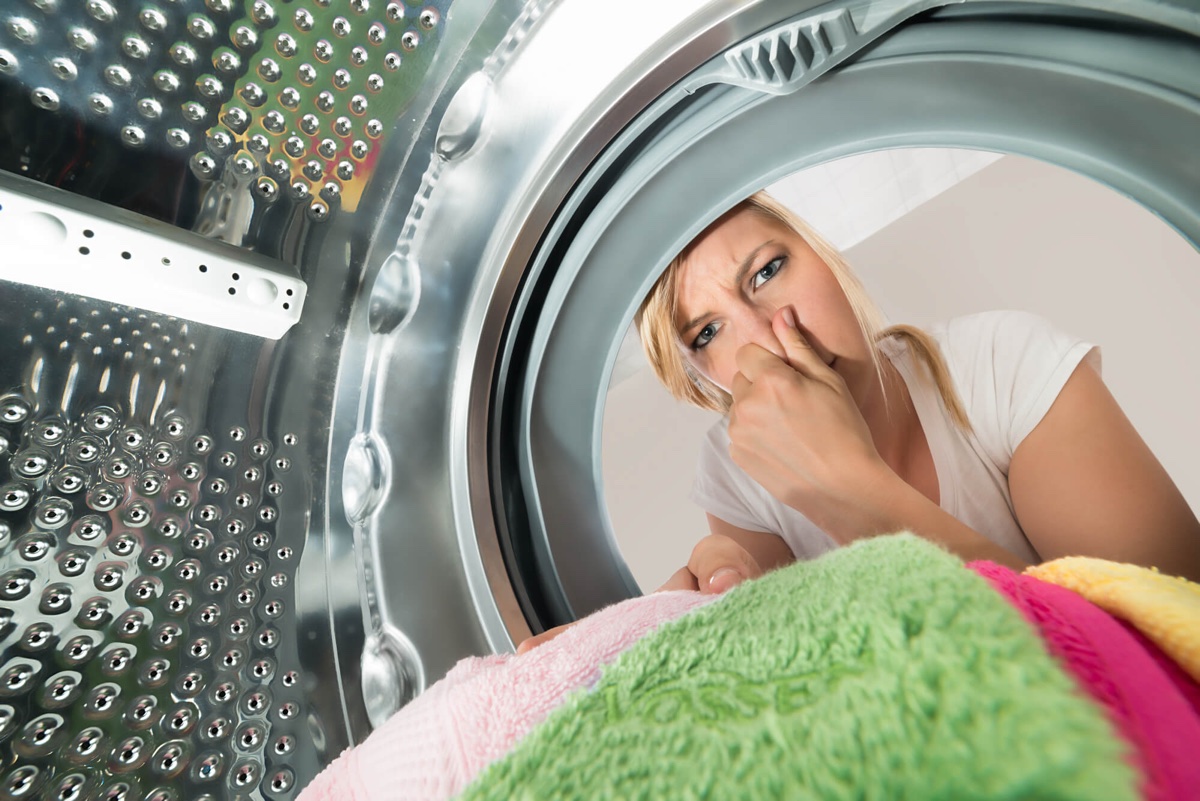
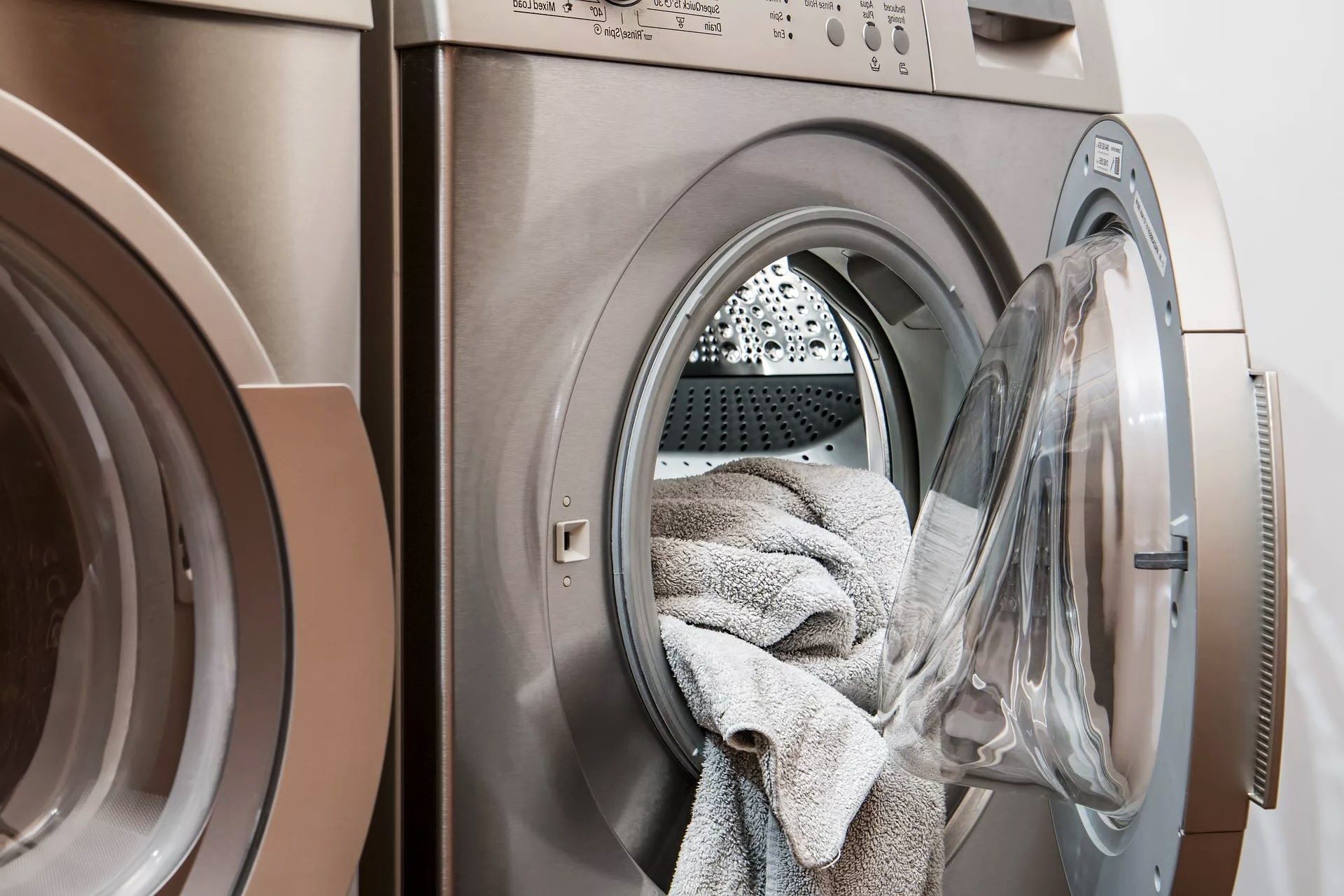

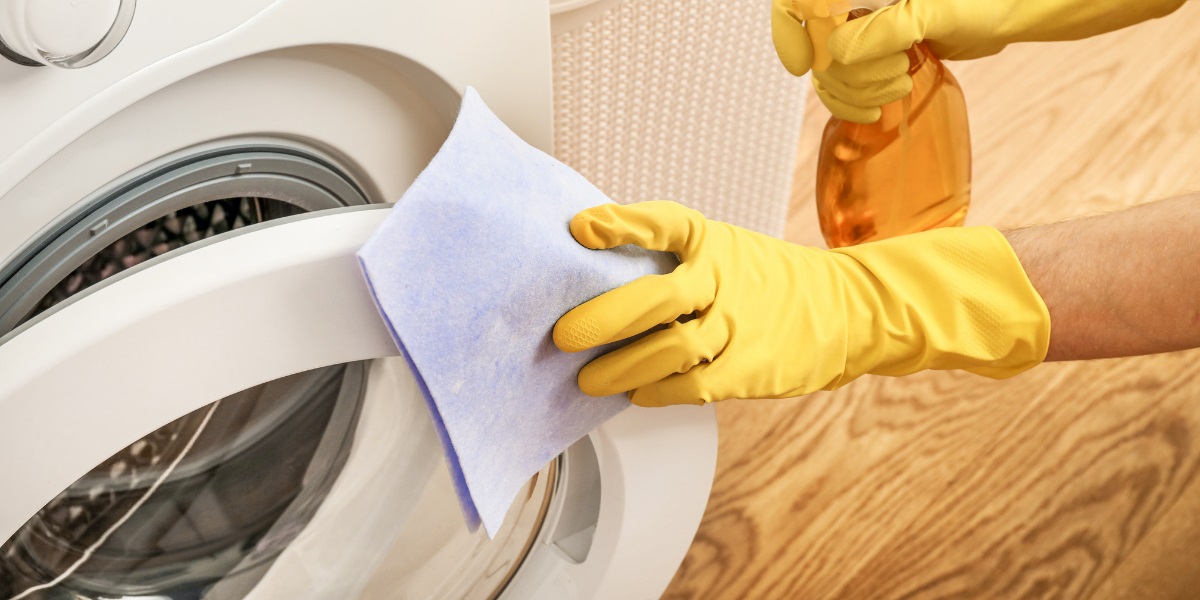
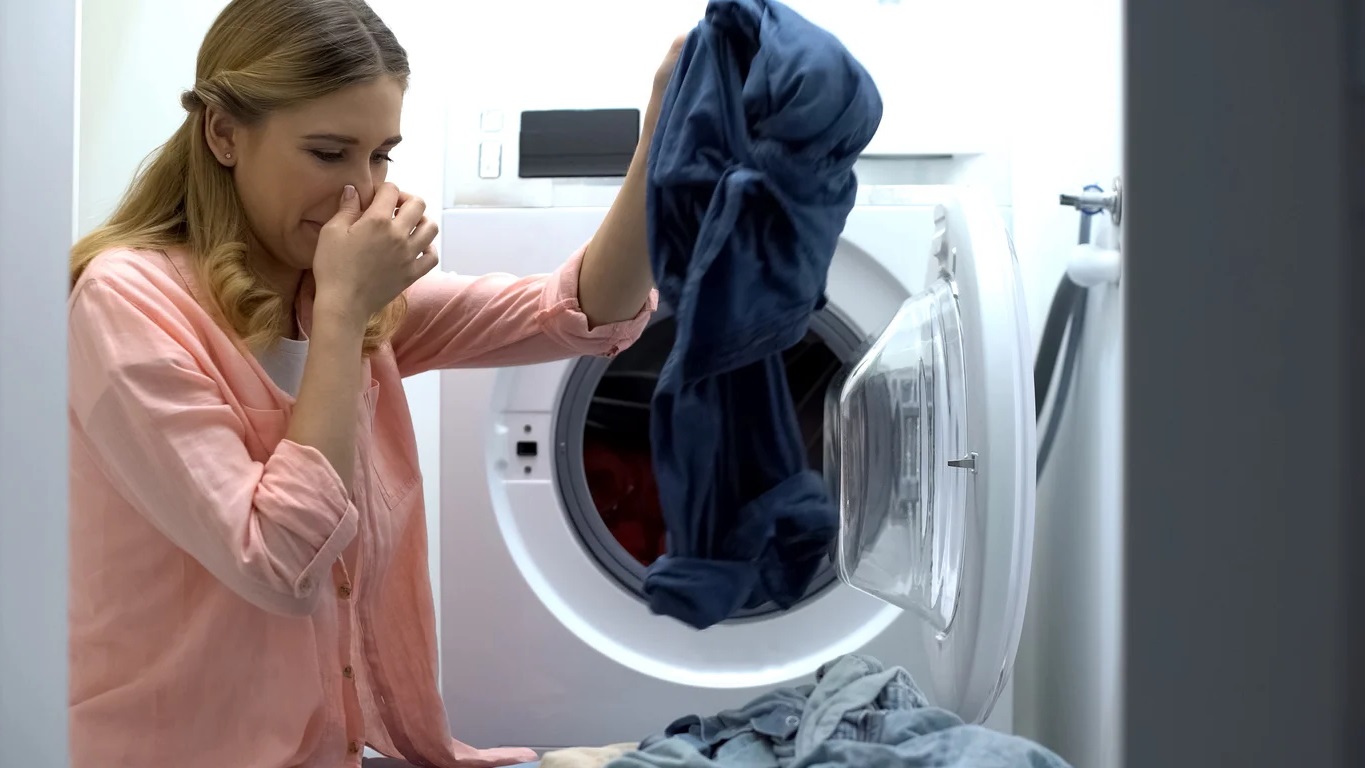
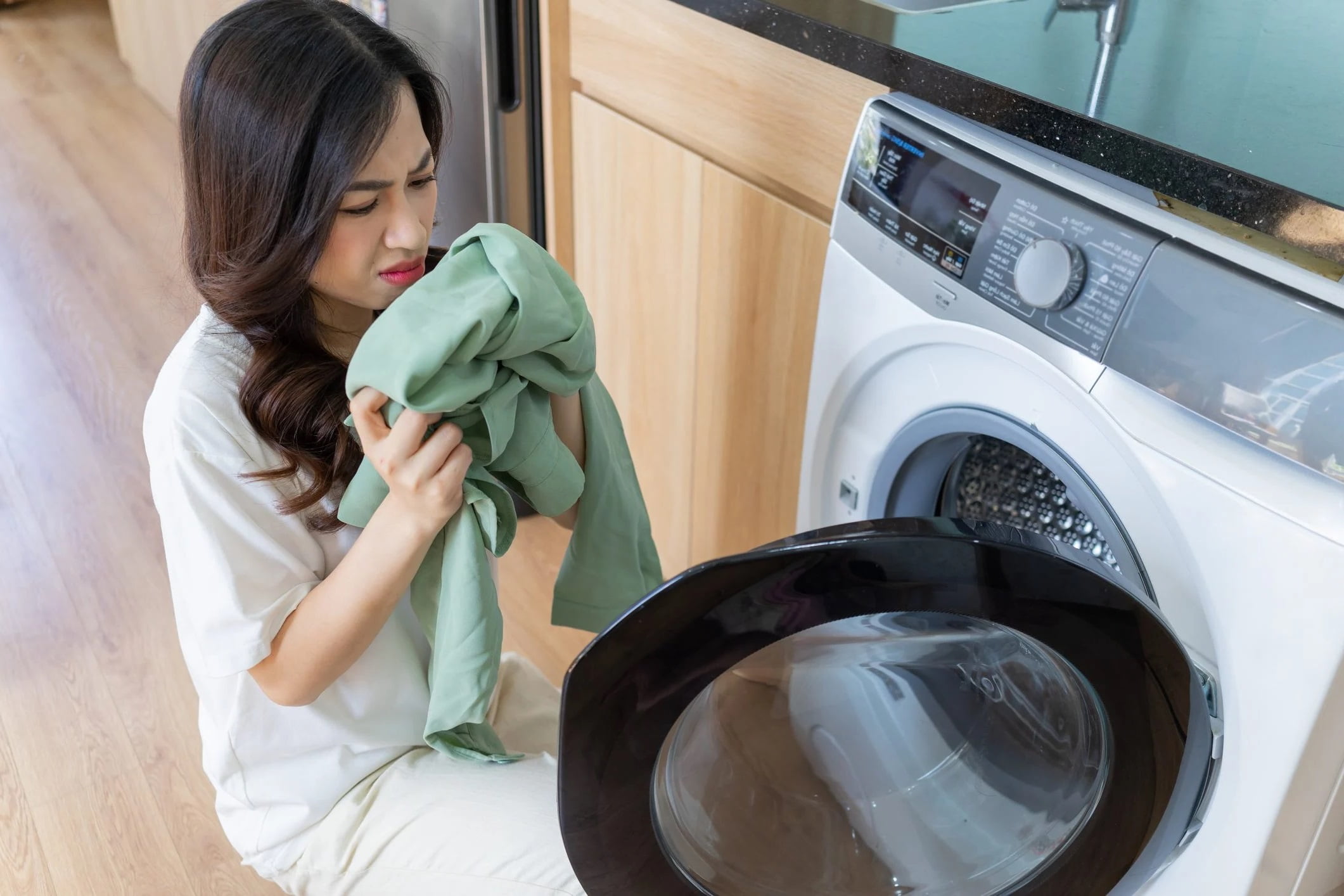
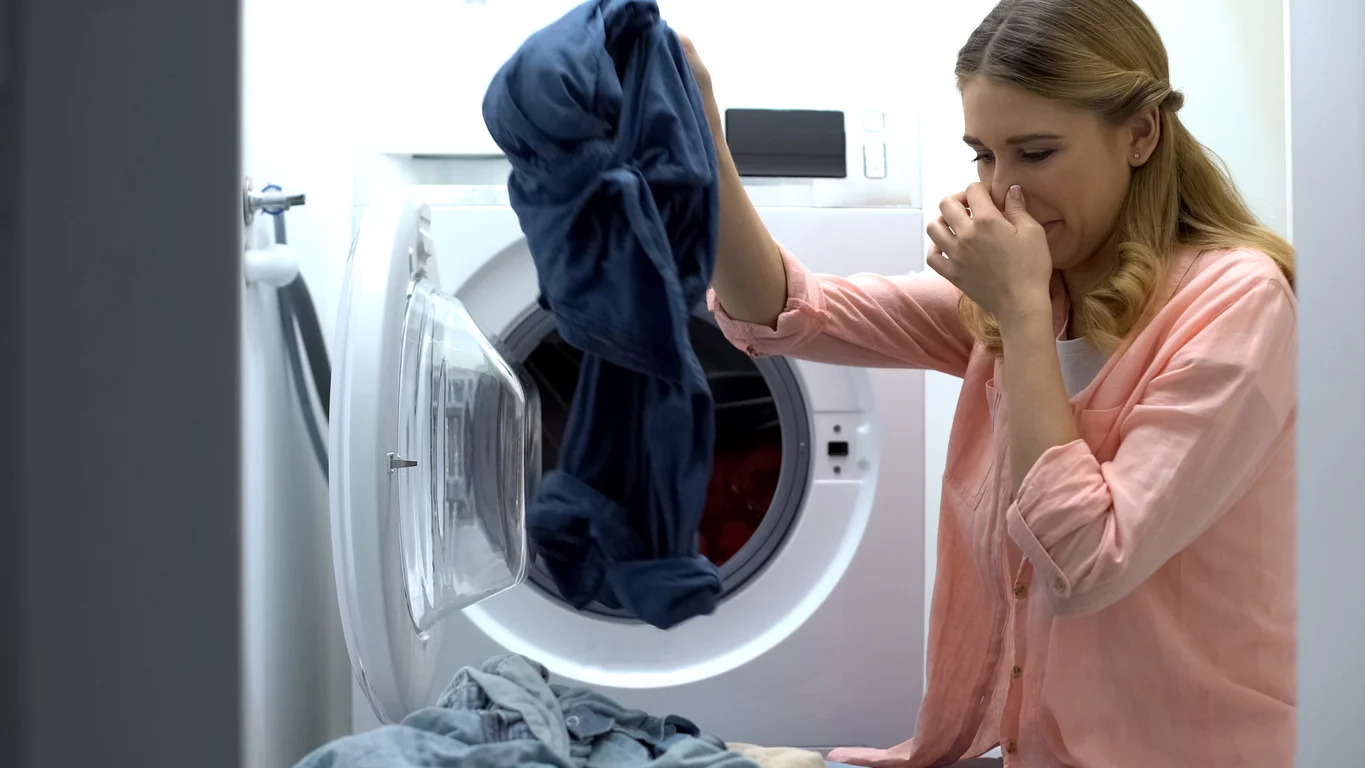
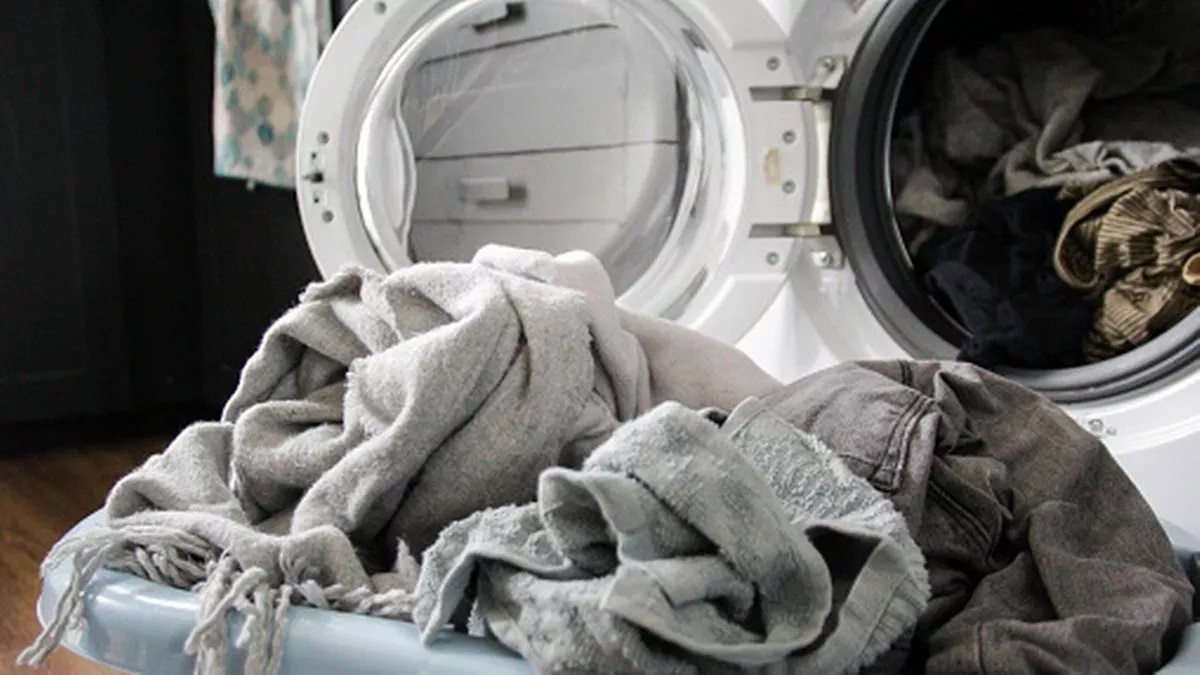


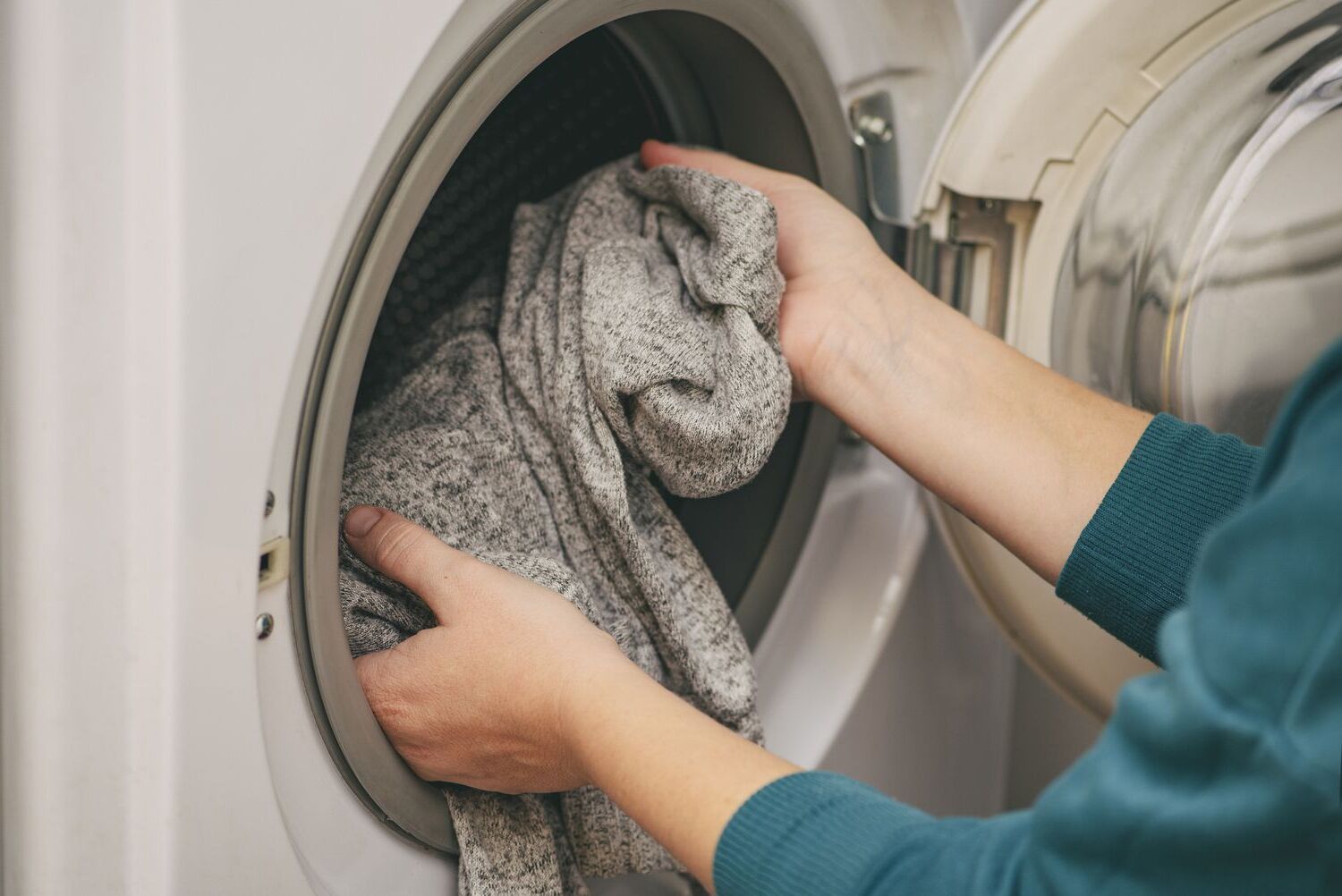
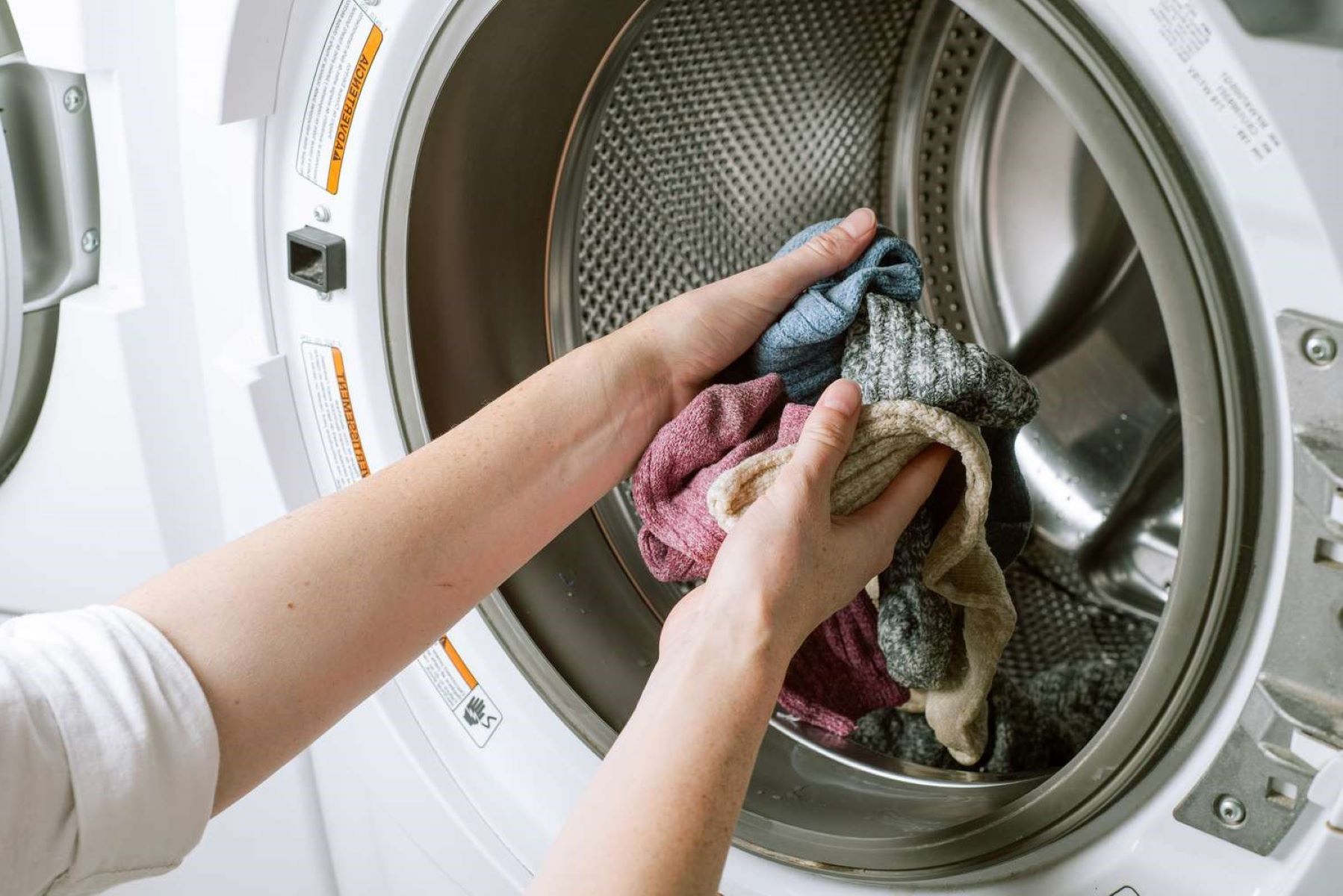


0 thoughts on “Why Washing Machine Smells”